BG 6374 The Brow Dairies: Organic Regenerative Farming
BioGro certification officer Marta had the chance to attend an open day at Charlotte and Russell Healds certified organic farm earlier this month. The Healds have been using organic regenerative practices for seven years, have been BioGro-certified for a year, and now, having created resilience throughout the farming environment, want to share and encourage others to start their own journey.
Both Charlotte and Russell grew up farming, and almost 11 years ago, they, with Charlotte’s parents, bought their current farm – a 170ha dairy farm in Norsewood.
In the first four years, they used a conventional farming model but found they were constantly chasing productivity and money. This approach caused them to burn out and try a different style.
With a farm coach, a dedicated team, and the development of robust relationships in the organic regenerative community, the Healds started to make changes.
Charlotte & Russell Heald
The Organic Regenerative Transition
They identified stress points around the farm – in the pasture, animals, soil, etc and worked to resolve them by reducing animal numbers, external inputs, increasing pasture diversity, changing animal treatments, grazing management and other practices.
Organic regenerative agriculture is about creating a balanced ecosystem where minimum chemical intervention is needed; there is an emphasis on soil, plant and animal health and diversity. It requires a different thought process than conventional farming – instead of "How can I kill this pest or weed?" it is, "How can I create an environment where it cannot thrive?"
A big part of transitioning is easing in slowly (becoming organically certified takes at least two years to avoid stressing animals, plants, or soil health), such as increasing pasture diversity, reducing inputs and changing those used to organic.
Principles of Organics
Two of the principles of organics championed by IFOAM are fairness and care.
The Healds have embraced these ideas enthusiastically – for the last six years, milking occurs only once a day.
This practice started as they realised that to have a strong team, incorporating people such as women with young children - it was necessary to create a schedule that worked for everyone.
Having this flexibility has provided the farm with a team that is incredibly passionate about what they do.
The herd management practices of the farm also highlight organic regenerative principles – a smaller herd means that when an animal is sick, the team can take the time to provide a high level of care, resulting in a healthier herd.
Prevention is also the word of the day; instead of using antibiotics and other drugs and applying a "band-aid," the team looks to why the cow became sick in the first place and makes changes at the source. A lot of prevention is in the type of feed provided; comfrey is an excellent medicinal herb utilised to exceptional effect.
Another way the Healds boost animal health is by allowing their calves to consume milk longer before weaning. Conventional dairy suggests weaning Jersey calves at 70kg, while the Healds wean at a minimum of 150kg. Studies show weaning later does not just reduce diseases by strengthening the immune system - but also decreases behavioural issues.
Benefits of Organic Regenerative
Over the nearly seven years of using organic regenerative practices, Charlotte and Russell have found that their soil health, plant health, animal health, milk production, income, and personal lifestyle have all increased.
Because of pasture diversity and the reduction of animal numbers, they can rest pastures for 60-70 days if required. While using conventional methods, they struggled to get to 30 days.
Initially, due to the premium price of organic feed, it can be a challenge to transition from conventional to organic; however, the Healds have seen a massive increase in profits, and day-to-day costs plummet the longer they maintain organic regenerative practices.
Despite having reduced herd density compared to conventional – Brow Dairies has 2-2.2 cows per ha – milk production has been increasing yearly with roughly an expected 400kg of milk solids per cow - close to the same average as conventional dairy.
The Healds supply to Fonterra, who paid out a record $10.80kg for organic milk solids this year, compared to the current forecast for conventional, which sits between $7-8 per kg.
Charlotte and Russell Healds certified organic farm, where they have been using organic regenerative techniques for years, and has resulted in happier, healthier cows; a durable, more resilient farming environment; and a passionate, less stressed team. As a bonus, these positive changes have resulted in increased income and a more enjoyable life.
If you’re interested in transitioning to organic and want to know more - get in touch.
All photography by Sentient Imagery.


